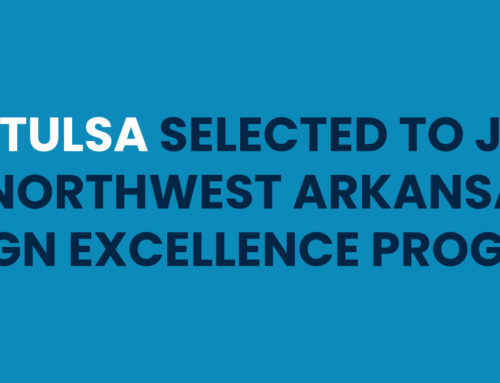Tennessee Colleges of Applied Technology Article
TSW accomplished a significant feat when they completed the Tennessee Colleges of Applied Technology (TCAT) Statewide Master Plan. The Master Plan was designed to improve the quality and accessibility of technical education across the state, and to help Tennessee reach its higher education goals as part of the Governor’s Drive to 55 Initiative.
Since its adoption by the Tennessee Higher Education Commission, the Master Plan has had a significant impact on the state’s technical education landscape. Enrollment has steadily increased, and more students are graduating with the skills and knowledge they need to succeed in today’s job market.
Recently, Woody Giles, a member of the TSW team, shared his insights on the Master Plan’s impact on academic planning in the Society for College and University Planning’s Planning for Higher Education Journal. His article focused on the importance of integrating academic planning with regional job markets and capital investment.
Giles argues that in order to meet the needs of employers and students alike, TCATs must align their programs and services with the demands of the regional job market. This means working closely with local employers and industry partners to identify the skills and knowledge that are most in demand, and designing programs that prepare students for those jobs.
At the same time, TCATs must also invest in the infrastructure and resources necessary to support these programs. This includes building new facilities, upgrading existing ones, and providing students with the tools and technology they need to succeed.
Overall, Giles’ article highlights the critical role that academic planning plays in the success of TCATs and technical education in general. By staying connected with the needs of employers and investing in the resources necessary to support student success, TCATs can continue to play a vital role in the economic growth and prosperity of Tennessee.
In conclusion, TSW’s completion of the TCAT Statewide Master Plan was a significant achievement that has had a positive impact on the state’s technical education landscape. Woody Giles’ article emphasizes the importance of academic planning in ensuring that TCATs are able to meet the needs of students and employers alike, and continue to contribute to the economic growth and success of the state.






